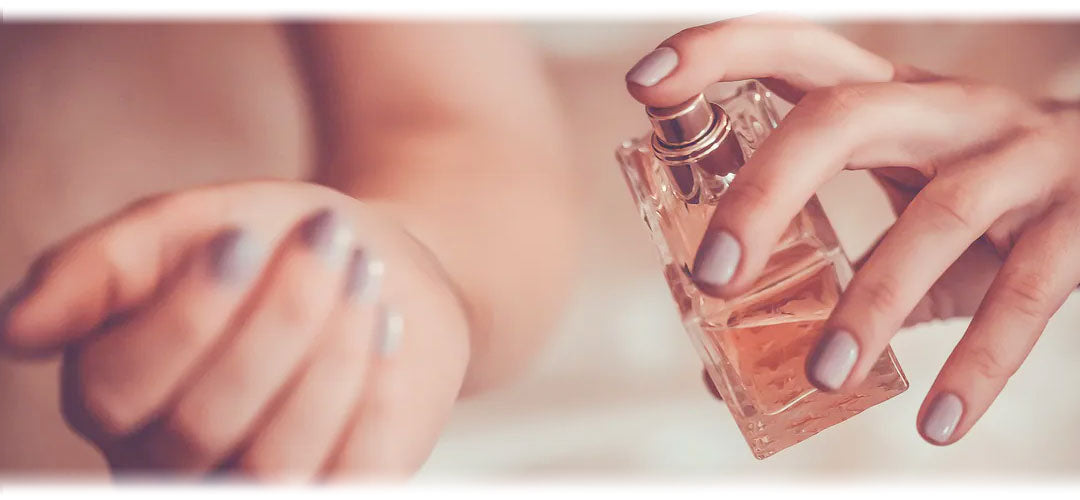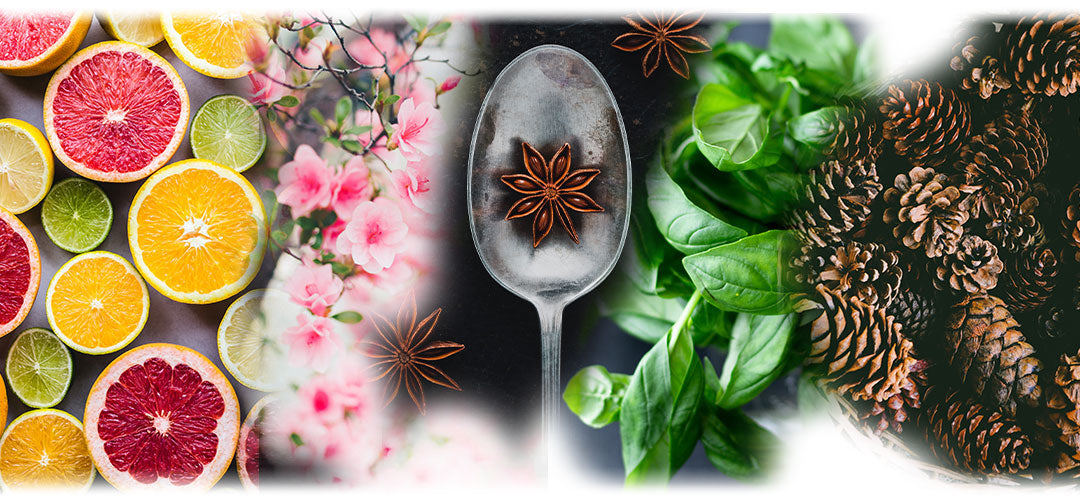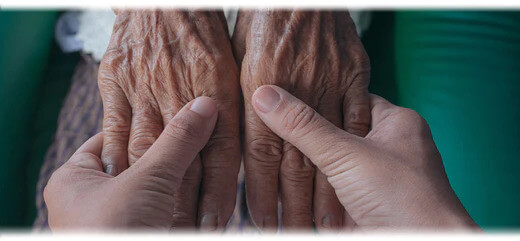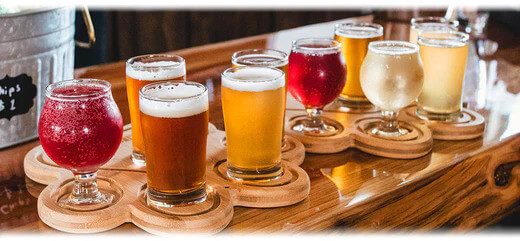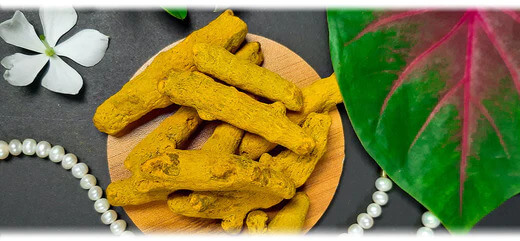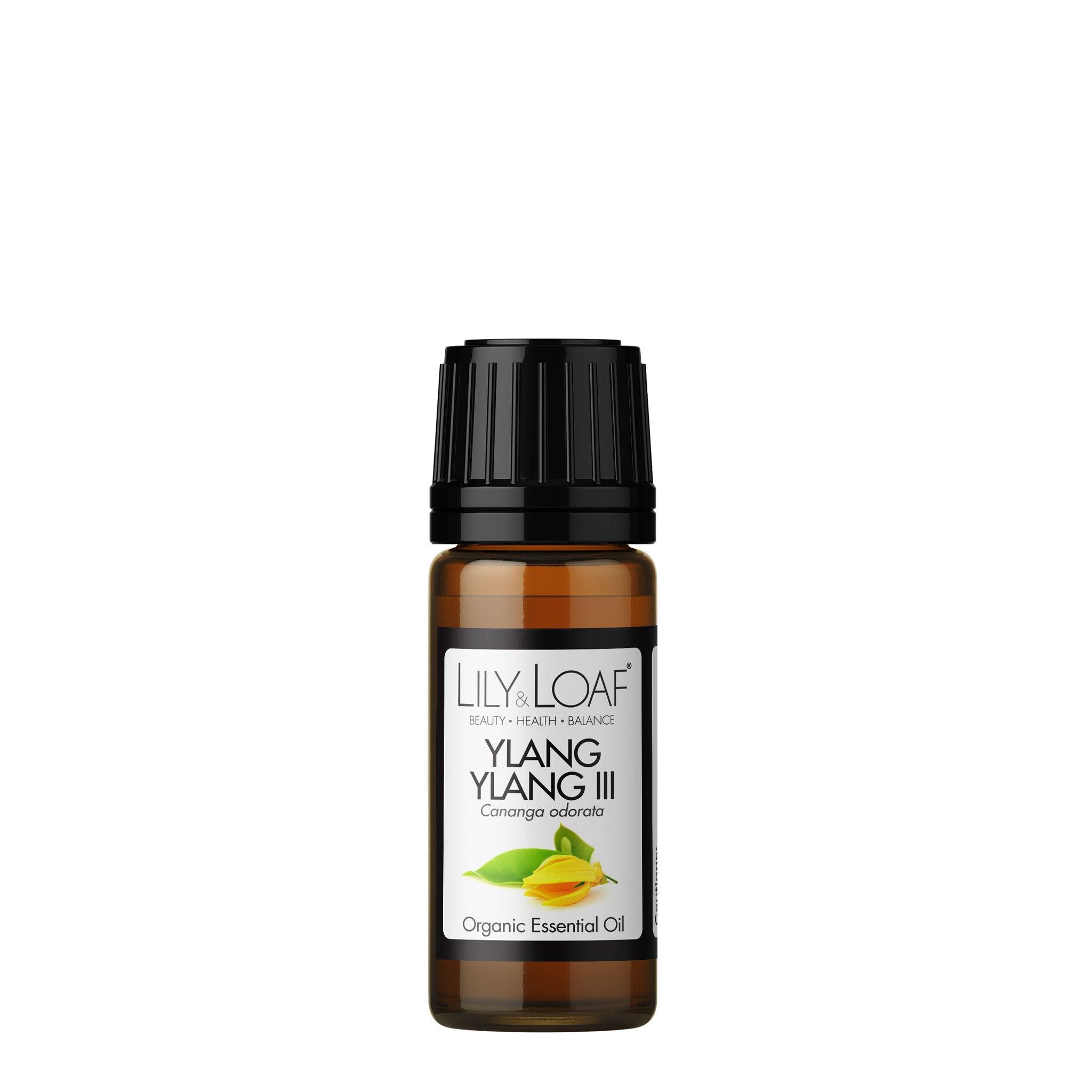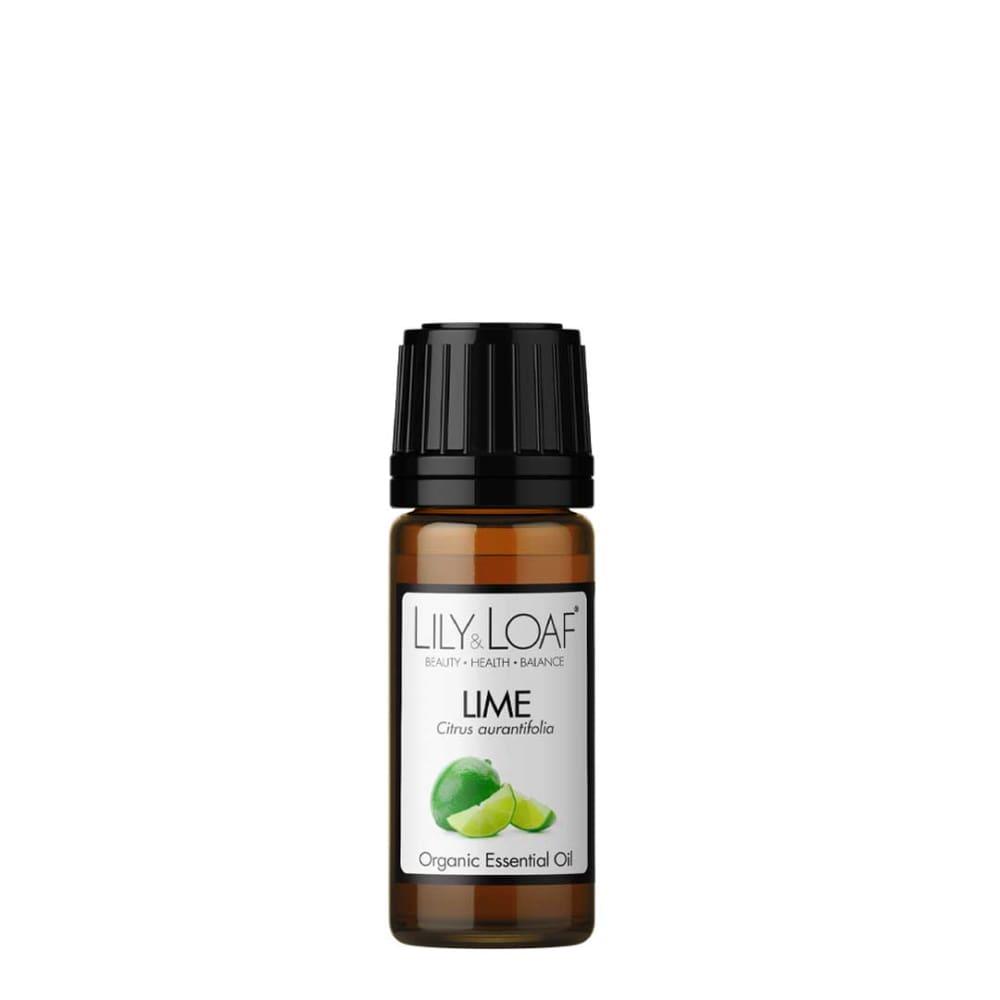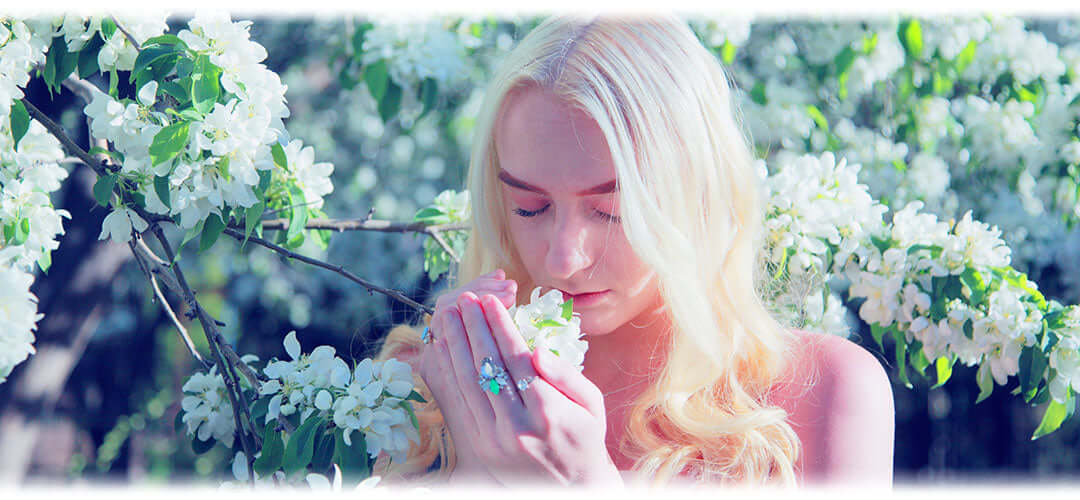
Aromatics of Aromatherapy
Our sense of smell develops before our eyesight, babies use smell to recognise their mother while their eyesight is still developing.
Olfaction, the proper term for the sense of smell, happens in the nose. As air enters the nose, aroma molecules bind to hairs that line the nasal passage. The aroma compounds enter the body through olfactory cells, into the olfactory nerve fibre, up to the olfactory bulb, and then directly to the brain.
Our sense of smell was once a vital constituent of survival and used as a subtle means of communication. We need our sense of smell much less than we ever have before; we are disconnected from our noses, our vision or hearing overrides the sense of smell in a lot of situations. However, our sense of smell is a lot stronger than most of us realise, it is estimated that our noses can distinguish between 10,000 and 1 trillion different odours!
ESSENTIAL OILS FOR AROMA
Humans have been using perfumes and scents to alter our aroma for at least 5000 years. Ancient Egyptians used perfumes, mostly made from resins, and several tombs unearthed still retain the sweet fragrance. Throughout history perfumes and incense have been an integral part of rituals and ceremonies.
Ancient Greeks developed an increased interest in hygiene and used aromatic plants and resins suspended in oil to help prevent disease. The Greeks explored the far east, and brought back many exotic spices, incense and other perfume ingredients.
The Romans are credited with the name - per fumum ‘through smoke’ – and used scents to anoint the body. Roman Bathhouses were adored by the ruling classes, and scented oils and balms were used in body care. By the 1st Century AD, Rome was using 2,000 tonnes of imported Frankincense a year!
In the Middle Ages scents were used to ward off illness. A Posey would be carried, stuffed with Rosemary, Lavender, Carnation, and other plants, they could be smelt should they encounter foul smells. During the Black Death, Poseys were common.
MODERN PERFUME
The modern perfume industry is big business, globally the perfume industry is valued at tens of millions of pounds and is growing. Celebrities, fashion designers, and brands regularly bring out new scents.
Modern perfumes are far removed from the balms used in Ancient Egypt. Many perfumes use synthetic chemicals, phthalates, to increase how long a perfume will last on the skin.
We can use essential oils to prepare our own signature scent, using only natural plant-based substances. Preparing your own signature blend is rewarding. You can produce a scent that suits you and is unique to you. It is also a lot easier than you might think.
SCENTS
Each essential oil contains complex chemical compounds, each one triggering different sensors in our olfactory system. By blending oils, we can create synergistic scents, compounds from one oil may enhance compounds in another oil. Our Garden of Flora essential oils are perfect for creating your own scent.
We recommend when you first start blending oils you stick to a simple, balanced approach. Try blending just two oils, there are endless categories which oils can be divided into, but broadly speaking we can identify five key groups, Citrus, Floral, Herbal, Spicy, and Woody.
Some of these groups blend better with each other than others do.
- Citrus – Blends well with floral, herbal, spicy, and woody.
- Floral – Blends well with citrus, spicy, and woody.
- Herbal – Blends well with woody and spicy.
- Spicy – Blends well with Floral, woody, and citrus.
- Woody – blends well with floral, citrus, herbal, and spicy.


